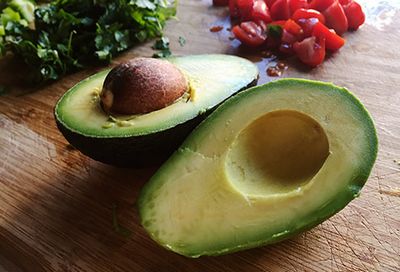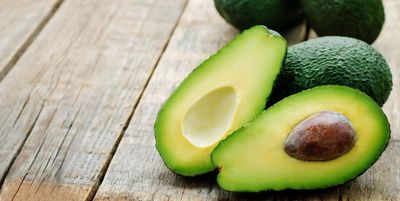
Avocado calories are calories that you would naturally lose if you ate the whole avocado. The calorie content of avocados is significantly lower than the calorie content of other fruits and vegetables.
Avocado, a berry native to south-central Mexico, has been described as a member of the Ligustrum family or Lavandula flowering plants. The fruit of this berry, commonly referred to as an avocado, is botanically an oval berry with one large seed covered with a thick brown bloom. Avocado peel has a mild sweet taste that can be easily masked with a simple mixture of water and lime juice.
The calories of an avocado are primarily water and fiber. Water makes up about 85 percent of the total weight of an avocado. Fiber, on the other hand, provides dietary fiber and plays an important role in regulating your digestive system. Most of these two types of calories are vital nutrients that are not lost during cooking.
The calorie content of an avocado is found in most of its parts. They are mostly found in the fleshy interior of the fruit, although they can also be found in the rind. Due to the high fat content of the skin, it is difficult to find the calories of an avocado, even if it is high in water. Sebum makes avocados a desirable source of energy.
Some of the best sources of calories from avocados are avocado seeds, skins, and stems. While most of the calories in avocados are fat and water, some of the calories are lost during the cooking process. Half a cup of avocado can provide over 500 calories.
For example, if you cut an avocado into small pieces, you can only get half the calories you get from one cup of mashed avocado. Therefore, you need to eat the same amount of avocado as if you were eating avocado as part of a large meal, such as an avocado salad.

The calorie content of avocados is not high in fat. However, avocado foods are rich in vitamin E, which is an essential nutrient for maintaining good health. Fruits like avocado contain important nutrients that help to strengthen bones and muscles. Thanks to their high fiber content, avocados also help maintain regular bowel movements.
Calories in avocados are high in potassium and magnesium, which are minerals your body needs to function properly. If you don’t get enough magnesium and potassium in your diet, you may suffer from fatigue and other symptoms associated with low magnesium levels. The potassium in avocados helps maintain a normal heart rate and regulate blood pressure.
When you eat avocado, the enzymes it contains help break down fat and cholesterol. These nutrients are also good for your digestive system, which helps control your cholesterol levels. The nutrients from avocados can help you lose weight and improve the health of your skin and nails.
While there are several types of avocado products, the most popular variety consumed by most people is the guava variety. It is rich in vitamin C, potassium and protein. Fruits are high in calories and carbohydrates, but the fiber content makes them a good source of fiber, which helps regulate blood sugar.
However, due to its high sugar content, Brazilian fruits are not suitable for diabetics. Many people with diabetes also want to avoid the high fat content of fruits. For this reason, some people prefer to use the seedless variety of guava, which is low in fat and has a lower glycemic index than traditional guava.
Generally, the higher the fat content of an avocado, the less it can be eaten. If you want to eat avocados, your best bet is to buy the unpeeled versions and store them cold.